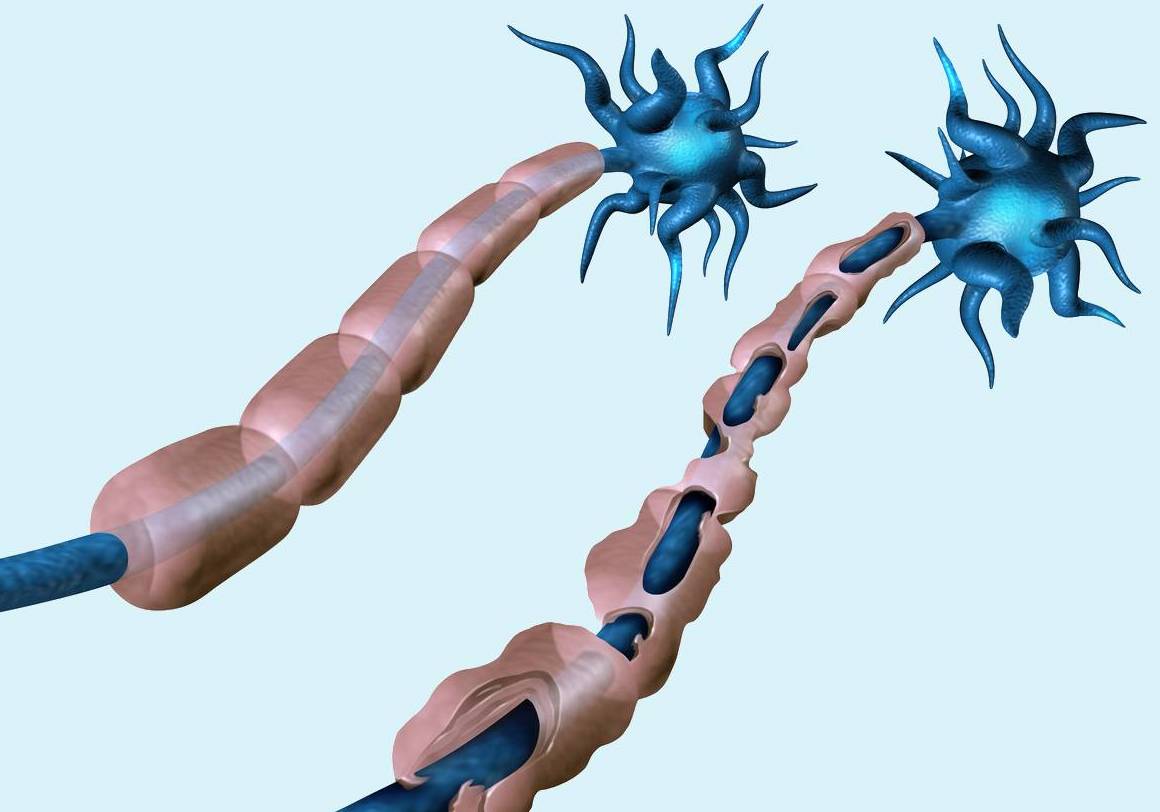How Lifestyle changes Can Improve Life with a Chronic…

Chronic illness refers to long-term health conditions that persist over an extended period and often last a lifetime. Unlike acute illnesses, which develop rapidly and resolve within a short time, chronic illnesses progress slowly and require continuous medical attention chronic illness and management. Examples of chronic illnesses include diabetes, heart disease, chronic obstructive pulmonary disease (COPD), arthritis, and chronic kidney disease. These conditions can significantly impact an individual’s quality of life, imposing physical, emotional, and social challenges.
Managing a chronic illness involves dealing with a variety of symptoms that can vary in intensity and frequency. For instance, diabetes requires meticulous monitoring of blood sugar levels, adherence to a specific diet, and, in many cases, insulin therapy to prevent complications such as nerve damage, vision loss, and cardiovascular issues. Similarly, heart disease may necessitate a combination of medications, lifestyle changes, and possibly surgical procedures to manage symptoms and reduce the risk of heart attacks or strokes. The need for constant vigilance and care can be exhausting and overwhelming.
The physical impact of chronic illnesses can be extensive and debilitating. Arthritis, for example, causes persistent joint pain and stiffness, which can limit mobility and make daily tasks difficult. COPD affects lung function, leading to shortness of breath, chronic cough, and frequent respiratory infections, severely restricting physical activity. Chronic kidney disease can progress to kidney failure, requiring dialysis or a kidney transplant. These physical limitations can interfere with a person’s ability to work, exercise, and engage in social activities, leading to a diminished quality of life.
Beyond the physical challenges, chronic illness often brings substantial psychological and emotional burdens. The stress of managing a lifelong condition, the unpredictability of symptoms, and the potential for severe complications can lead to anxiety and depression. Individuals may experience feelings of isolation and frustration, especially if their condition limits their ability to participate in social and recreational activities. The emotional toll of chronic illness necessitates comprehensive care that includes psychological support, counseling, and, in some cases, medication to address mental health issues.
Effective management of chronic illness requires a multifaceted approach. Medical treatment typically involves medications to control symptoms and prevent complications. For example, individuals with heart disease may take medications to lower blood pressure and cholesterol levels, while those with diabetes may use insulin or other medications to regulate blood sugar. Regular medical check-ups are essential for monitoring the progression of the illness and adjusting treatment plans as needed. In some cases, surgical interventions may be necessary to address specific complications or improve quality of life.
Lifestyle modifications are a crucial component of managing chronic illness. A balanced diet, regular exercise, and adequate sleep can help maintain overall health and reduce the severity of symptoms. For instance, individuals with diabetes benefit from a diet low in sugar and carbohydrates, while those with heart disease should focus on reducing saturated fat and sodium intake. Exercise can improve cardiovascular health, strengthen muscles, and enhance mental well-being. Stress management techniques, such as mindfulness, meditation, and relaxation exercises, can also help individuals cope with the emotional challenges of chronic illness.
Social support is vital for individuals living with chronic illness. Family, friends, and support groups can provide emotional encouragement, practical assistance, and a sense of community. Support groups, in particular, offer a space for individuals to share their experiences, learn from others, and receive advice and support from those who understand their challenges. Counseling and therapy can also be beneficial in helping individuals develop coping strategies, manage stress, and address any mental health issues that arise.
Advances in medical research continue to improve our understanding of chronic illnesses and lead to the development of new treatments and therapies. Innovations in medical technology, such as continuous glucose monitors for diabetes and wearable devices that track heart health, are enhancing disease management and patient outcomes. Ongoing research into the genetic and environmental factors contributing to chronic illnesses is paving the way for personalized medicine, which tailors treatment to the individual’s specific needs and circumstances. Living with a chronic illness requires resilience and adaptability, but with the right support and resources, individuals can manage their conditions and lead fulfilling lives.
